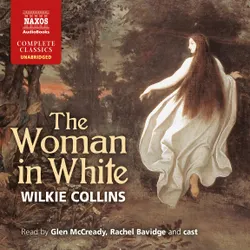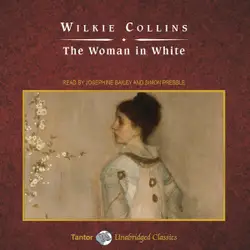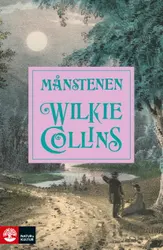You’ve probably read or seen a film based on an epistolary novel (a story presented through letters sent between characters): "Persuasion", "Dracula", and "The Perks of Being a Wallflower". You’ll also like "The Black Robe" if you want to get straight into a character’s thoughts from their letters, with compelling narration between the letters.
Haunted by a death in Boulogne, Lewis Romayne returns to London where he meets Stella Eyrecourt, who falls in love with Lewis. Enter Father Benwell, a Catholic priest who wants to convert Lewis to Catholicism. He makes it his mission to stop a marriage between Lewis and Stella because Stella is Protestant.
With the forces against them, Lewis and Stella then become embroiled in gripping events involving love triangles, Catholic authorities and inheritance. An insight into Victorian England’s angst surrounding the Catholic Church, this novel is ultimately about a love story against all odds.
London-born Wilke Collins (1824-1889) became known in Victorian England for his novels and plays, sometimes writing together with Charles Dickens. His most famous works, "The Woman in White" (1859) and "The Moonstone" (1868), are examples of the first modern detective novels.












